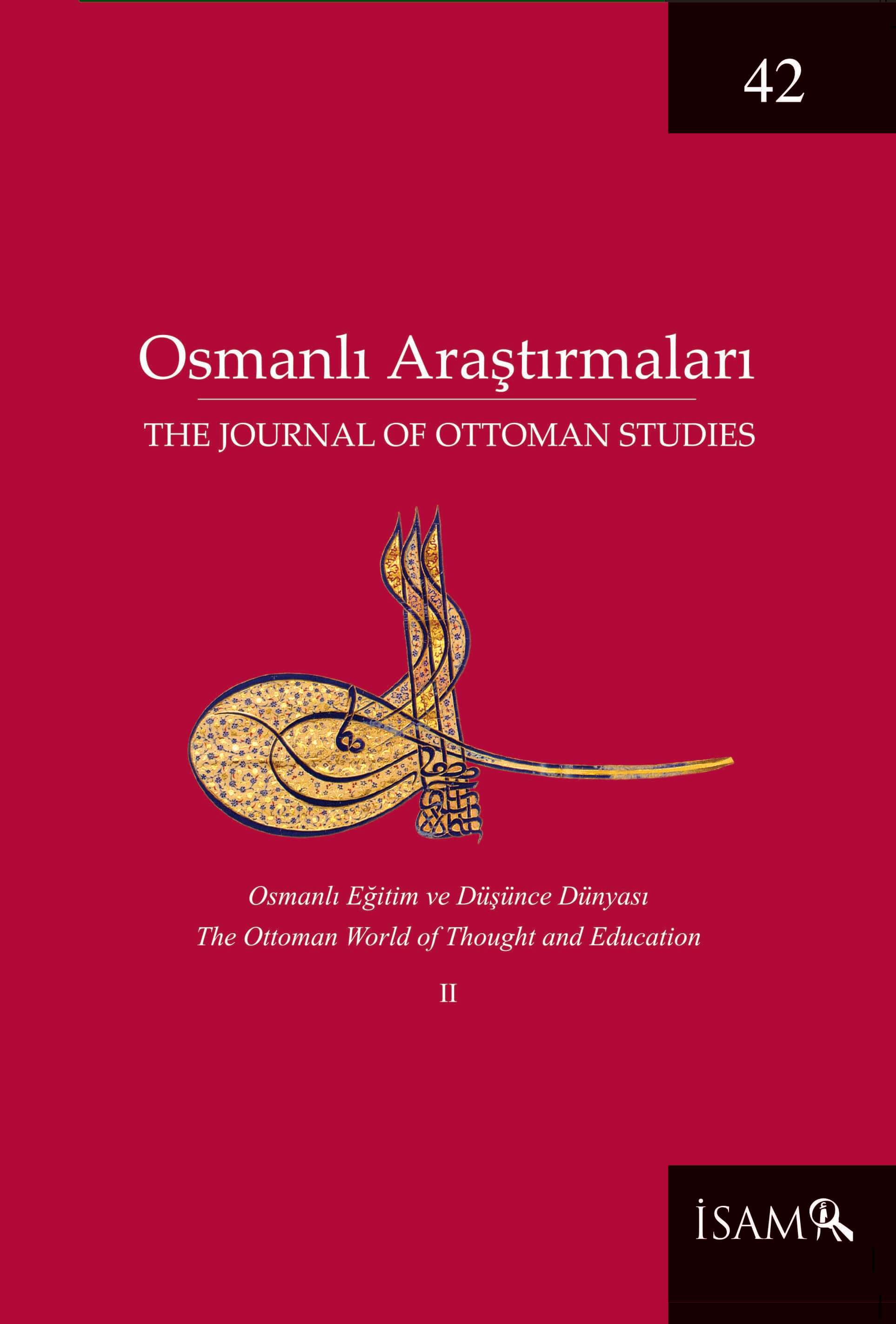Poetry in the Text: The Use and Function of Poetry in Rāwandì’s Rāģat al-ŝudūr and Yazıcızāde ‘Alì’s Translation of the Same Work in Tevārìkh-i Âl-i Selçūk
Keywords:
History and Historiography, Vernacular Translations in Anatolia, the Seljuq and Ottoman Empires, the Use and Function of Poetry in Historical TextsAbstract
Rāwandī’s Rāģat al-ŝudūr wa āyat al-surūr (“The Comfort of the Hearts and the Sign of Happiness”) is an early Thirteenth Century history of the Great Seljuq Empire giving a detailed account of its dissolution into minor local dynas- ties. This particular work is full of interjections of poetry and after almost every episode of historical events, Rāwandī includes a couplet or sometimes even a whole block of poetry to summarize these events or give a word of wisdom through poetry. Two centuries later, the Ottoman historian Yazıcızāde ‘Alī, who served twice as an envoy to the Mamluks during the first reign of Murād II (1421-1444), is today mainly famous for his five-volume work Tevārīkh-i Âl-i Selçūķ (“The History of the Great Seljuqs”) which gives a detailed genealogical account of the Ottomans, tracing the histories of the Oghuz Turks, the Seljuqs, the Ilkhanids, as well as later Anatolian principalities. The second volume of this work is devoted to the history of the Seljuqs of Hamadān and Kermān, and is a word-for-word translation of Rāwandī’s Rāģat al-ŝudūr. Interestingly, Yazıcızāde ‘Alī omits most of Rāwandī’s poetic interjections from his translation of Rāģat al-ŝudūr; and in some cases, he rewrites them according to the Ottoman cultural context. This essay will explore what possible functions these poetic interjections actually serve within the context of these two historical works and later argue that Yazıcızāde ‘Alī’s perception of poetic interjections is that the use of poetry in historical texts is “culturally specific.




